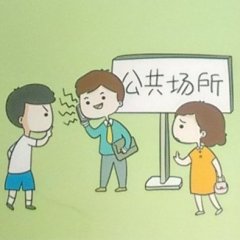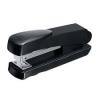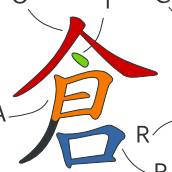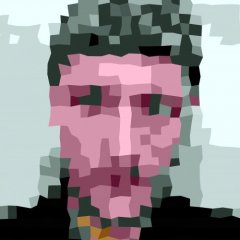Housing ad . . .
It's all been a bit too easy for you lately, I think. Lets throw some handwriting at you . . .
1) What kind of housing is offered - apartment, villa, etc . . ?
2) Which famous Beijing building is it near?
3) What form of heating is available?
4) If you decide to take the place, how much money will you need to hand to the landlord in the first instance?














26 Comments
Recommended Comments